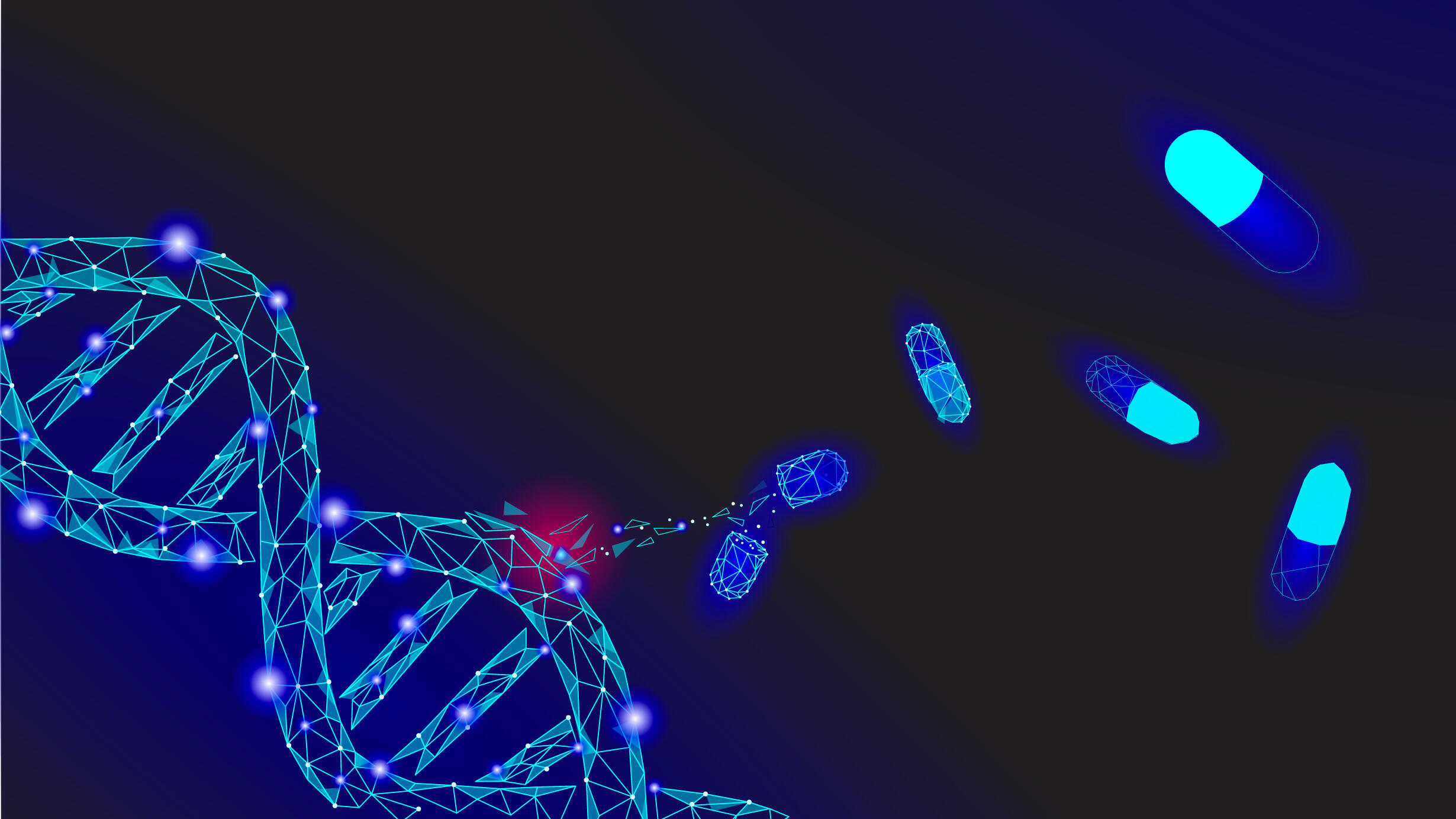American Museum of Natural History Announces Milstein Science Symposium

The American Museum of Natural History announced the two-day Milstein Science Symposium, which will include a public program that explores how unlocking the genomes of species past and present can inform new ways to advance human health on October 28 and the 8th Human Genetics in NYC Conference on October 29, a convening of approximately 1,000 scientists, clinicians, and researchers for a day of panels and lectures by leading geneticists and poster sessions about the latest genetic and genomic research to be held in the iconic Irma and Paul Milstein Family Hall of Ocean Life. The Milstein Science Symposium is part of the Museum’s 150th anniversary celebration and builds on the Museum’s longstanding role in illuminating scientific breakthroughs with implications for human health.
“Dating back to an exhibition on tuberculosis in 1908 and including more recent presentations on the microbiome, the human genome, infectious disease, and the brain, the American Museum of Natural History has long educated the public about issues at the frontier of human health, demystifying complex issues that are critical to us all,” said Ellen V. Futter, President of the American Museum of Natural History. “These presentations are grounded in the Museum’s leadership and research in comparative biology and comparative genomics, work that often bears on human health and disease. Now, as part of our 150th anniversary, the Museum is proud to host this Milstein Science Symposium. Its two parts—a major scientific convening of experts, including Museum scientists, discussing their work at the cutting edge of human genetics, and a program that shares this work with the public in accessible and engaging ways—mirror the Museum’s dual mission of science and education.”
8th Annual Human Genetics in New York Conference
On October 29, in collaboration with leaders of the Human Genetics in NYC committee from Rockefeller University, Columbia University, and the Icahn School of Medicine at Mount Sinai, the Museum will host the 8th Human Genetics in NYC Conference, a biannual conference that brings together researchers, clinicians, and trainees from across 22 affiliated New York City institutions and beyond.
David Reich, a professor of genetics at Harvard Medical School, will present the keynote seminar on ancient DNA and new science about humankind’s past, with other sessions of the day focused on topics including the genetics of autism, the evolution of human papillomavirus (HPV), and genetic defenses for long-term human space travel.
“Throughout its history, the Museum’s scientific research has advanced the human understanding of evolutionary history and the diversity of life on our planet, areas of study that more recently have been informed by the revolutionary field of genomics,” said the Museum’s Provost of Science Michael Novacek. “This upcoming conference aligns with the core mission of our scientific enterprise and continues a long tradition at the Museum of collaborating with other prominent institutions on the latest scientific issues of the day—which now extend to biomedical approaches to human health.”
Evolution & Revolution: Transforming Medicine Through Comparative Genomics
On the evening of October 28, the Museum will host Evolution & Revolution: Transforming Medicine through Comparative Genomics, an evening with genetics experts at the forefront of the field who will discuss how genetic evolution and new discoveries based on the genomes of other species, from fruit flies to Neanderthals, can teach us about our own health. Panelists include Harvard Medical School professor David Reich, genomic medicine researcher David Goldstein of Columbia University Irving Medical Center, evolutionary biologist and Museum Curator Frank Burbrink, and neurogeneticist Mimi Shirasu-Hiza of Columbia University Irving Medical Center. The conversation will be moderated by The New York Times health and science writer Pam Belluck.
Human Health at the Museum
For 150 years, the American Museum of Natural History has served as a bridge between science and society, translating important scientific issues, including human health topics, to the public. In 1908, an exhibition about tuberculosis—at the time, one of the leading causes of death worldwide—drew as many as 10,000 visitors per day. For the next 30 years, the Museum’s then Department of Public Health produced exhibits and educational materials about the biology of food safety, water purification, and sanitation. One exhibition that focused on the spread of diseases explained the transmission of malaria with the aid of a giant model of the Anopheles mosquito, which is still on view today.
More recent exhibitions in this general area include Epidemic! The World of Infectious Disease (1999), which explored communicable diseases; The Genomic Revolution (2001-2002), the first exhibition to describe the emerging science of genomics to the public; Brain: The Inside Story (2010-2011), which showcased the latest research in neuroscience; Countdown to Zero (2015-2017), which presented the science and policies behind efforts to wipe out eradicable diseases in collaboration with the Carter Center; and The Secret World Inside You (2015-2016) and Inside You (2017-2019), which highlighted the rapidly evolving science about the human microbiome and implications for human health.
The Museum’s exhibitions and educational programs are informed by its research, which focuses on examining diverse species and studying patterns of evolutionary change over the past 3.5 billion years. With extensive research in comparative biology, the Museum is in a unique position to gather and synthesize data and to provide broad interpretations, leading the way in new areas of scientific research such as comparative genomics. The Museum is an associate member of the New York Genome Center, an independent non-profit organization created to transform science and healthcare through advanced bioinformatics and genomics research, and Museum scientists pursue research into topics that include malarial parasites, avian influenza, cancer, and horizontal gene transfer in bacteria using evolutionary approaches.
The 150th Anniversary Milstein Science Symposium is proudly sponsored by the Irma and Paul Milstein Family.